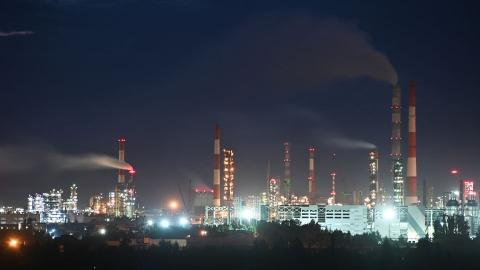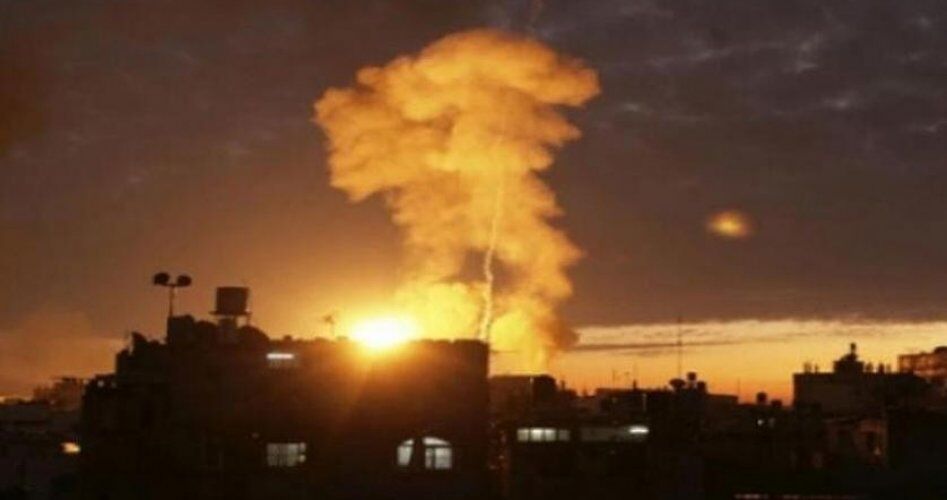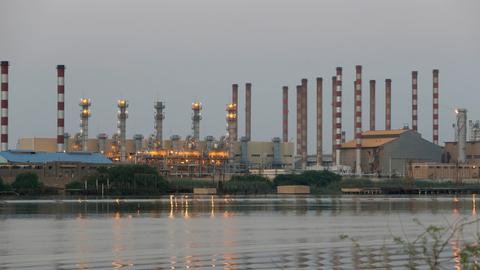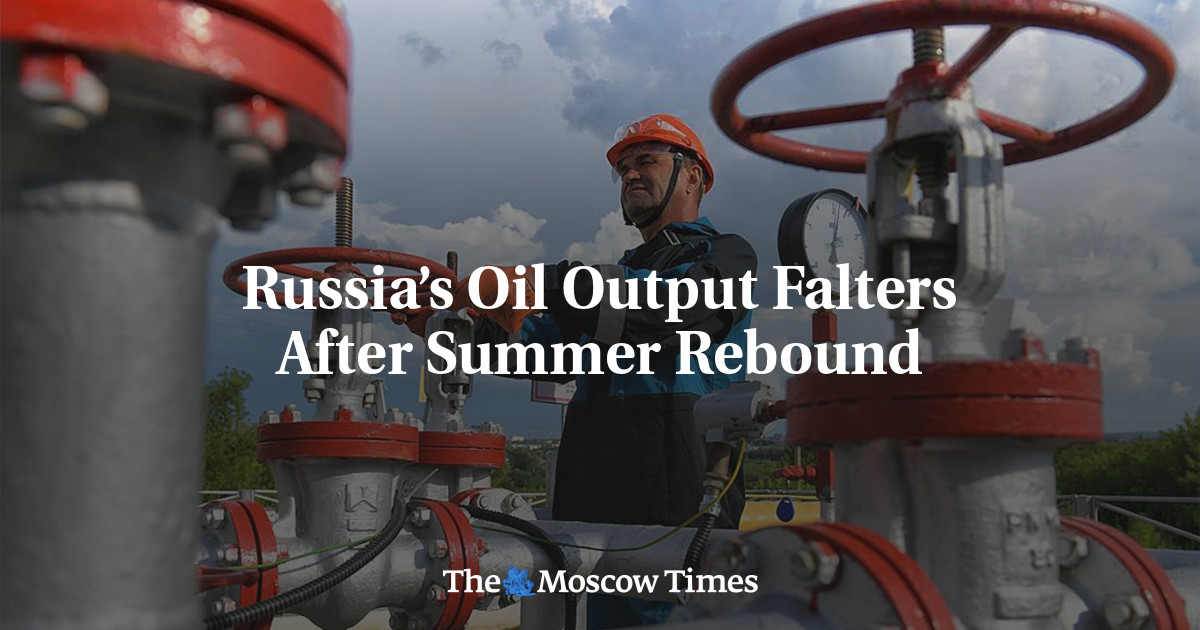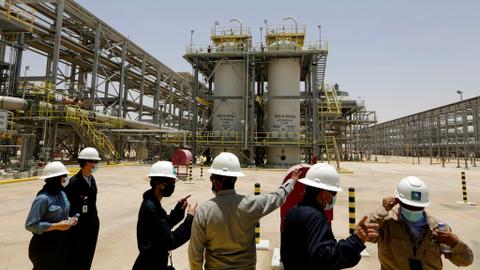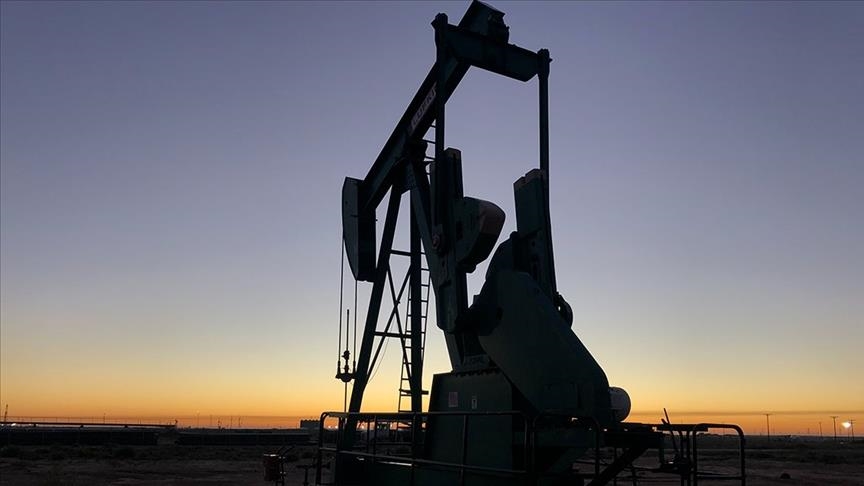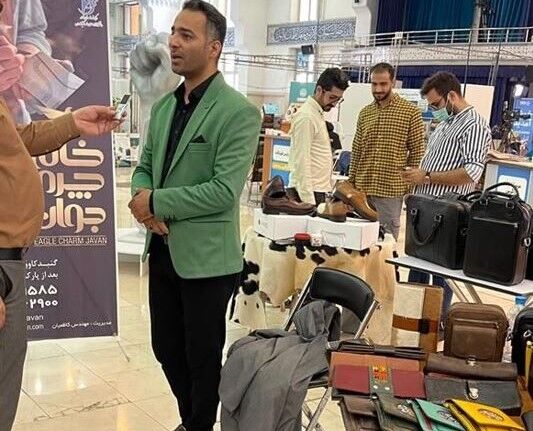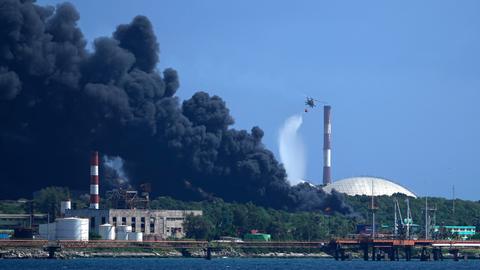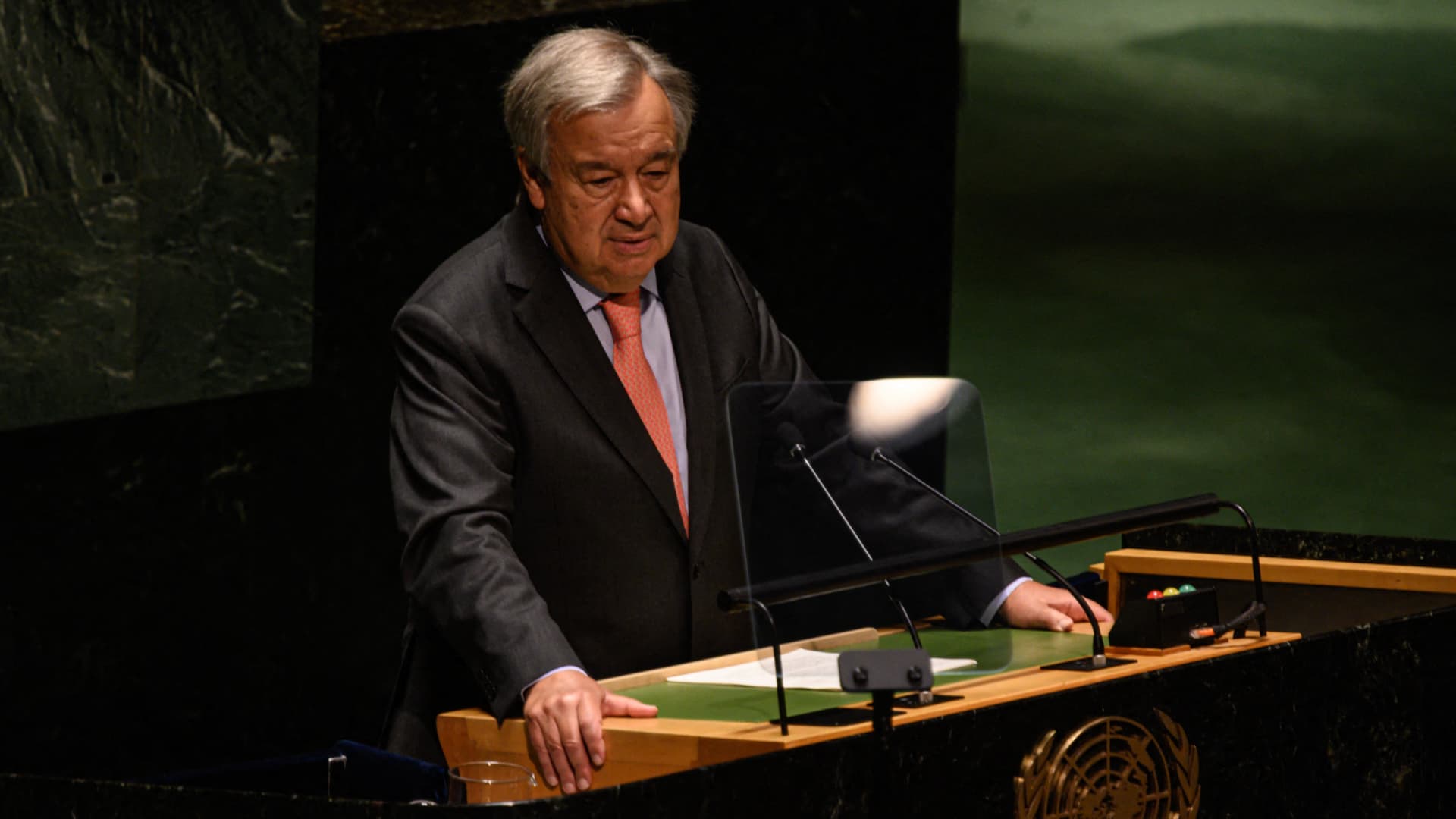According to the reporter Science and Education Department of IRNAalong with the formation of knowledge-based companies in scientific and academic centers, some other companies under the title Creative companies They have been formed with the aim of providing new business models in the field of innovation ecosystem, and the growth and development of products and services of these companies, unlike knowledge-based companies, does not require complex and advanced technology.
In fact, creative companies are companies whose main purpose is based on creativity and innovation and completion of the chain from idea to product, and their scope of activity is in the field of cultural creative industries, handicrafts, and tourism.
Weakness in conversion industries and neglect of technology is the most important problem of leather industry
The leather industry is considered as one of the most important and profitable industries in the world, and yet, unfortunately, our country is currently one of the largest raw material sales countries, even though it has a long history in the tanning industry. Light leather known in the world. An industry that can definitely attract more attention and investment in converting industries to earn good currency for our country. A very important issue that Hossein Kazemi One of the entrepreneurs and the CEO of the creative company Cherem Partoafken also emphasizes it a lot in a conversation with IRNA.
Emphasizing that the leather industry is considered to be a very job-creating and currency-generating industry in the world, this activist in the field of creative industries has pledged to prevent the sale of high-quality Iranian leather or salambor, which has become a common practice in the past due to the negligence of the authorities, as much as possible. Technologists and knowledge-based experts in this area.
He stated that Italy is currently known as one of the leading countries in the leather industry, adding that Turkey also ranks second. Unfortunately, even though Iran is one of the three countries that produce leather and export semi-finished products, Iran's leather is the third in terms of quantity and quality, but about 80% of Iran's leather exports are raw and in the form of salambour.
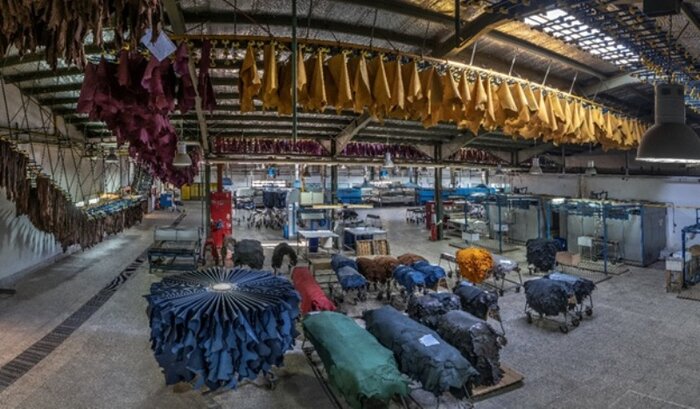
Kazemi says: Our country's economy, like the export of crude oil, suffers from the lack of necessary infrastructure for the processing and production of leather products. This is while some countries, including Turkey, seriously prevent the export of raw leather and salambor, because they bring huge incomes to their country by creating added value and currency exchange, while providing a good job creation environment. .
He continued: Due to Iran being located in a hot and dry region, we have the best cow and sheep leather, but due to the weakness of the leather processing industries, this valuable product is available in raw form to the processing industries of other countries, including Italy and Turkey, and this The field itself has created employment for the workers of these countries and earned currency for them.
Free training and entrepreneurship for imprisoned women and clients of the Imam Khomeini Relief Committee (RA)
This activist in the field of creative industries, who has been working in the production of hand-embroidered natural leather products for about a decade in Golestan province, has recently succeeded in exporting his products to countries such as Sweden, Switzerland, Canada, Turkey and Azerbaijan, and this August participate in an exhibition in Russia and has succeeded in negotiating with Russian businessmen to export their leather products to this country.
He says: Currently, 160 housewives are working with this creative company to produce hand-stitched leather products, including men's and women's bags, belts, bracelets and sheaths, and recently to produce some clothes.
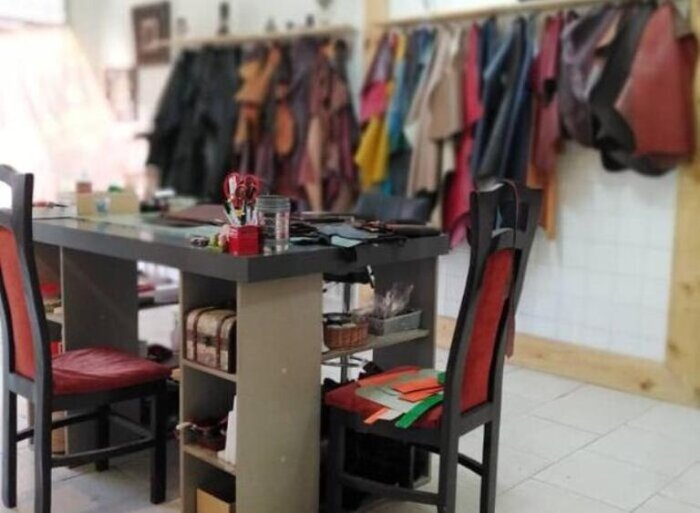
Women, some of whom are members of the relief committee and some of whom are even in prison, according to this active entrepreneur, after training and learning sewing, they are paid according to their work. That is, they can earn about 300 to 400 thousand tomans a day by only having a needle and the tools provided to them.
This creative industries entrepreneur stated that he has succeeded in setting up three workshops for the production of handmade natural leather products and added: I am currently trying to set up a fourth workshop.
Kazemi stated: "If the relevant institutions provide us with support and land, we can set up a handmade shoe workshop with the employment of at least 500 people and the daily production of at least 300 handmade shoes and even export."
The export of a leather jacket is four times more valuable than a barrel of crude oil
This activist in the field of creative industries also said: Our manufactured products are the same price as Chinese synthetic products, while the quality of our work is at least three times higher and we have to sell our natural leather products at a price that consumers are willing to buy. Do not have an artificial type.
Kazemi stated that the products of this company active in the field of creative industries are produced according to the standards and the global market, and added: The models that are produced are suitable for the global market and this has made us successful in the field of export.
Kazemi added: The reason why our quality products are cheap compared to imported artificial products is that we currently only calculate the costs of cutting, sewing, fittings and leather in the sale of our products, and our profit is only in cutting, sewing and sewing.
Regarding his expectations from government agencies, he emphasized that he has no requests for loans and facilities, and stated: My job is sewing and one of our requests is insurance for the people who work in these workshops. . In this way, there is an encouragement for them to continue working.
This entrepreneur said: Our other expectation from the authorities is that they will help us in the field of selling and exporting manufactured products to other countries, because our products are of good quality and have a competitive price, and the export markets will certainly welcome them. will do Of course, there is another problem; Unfortunately, the customs of the country sometimes create obstacles by increasing the costs, and with these customs costs and of course taxes, which will lead to an increase in the final price of the manufactured products, we cannot have good exports.
He added: This is in the situation that we do not import, but produce, and by creating employment for 160 people, we should be exempted from paying taxes.
Kazemi further mentioned one of his plans, in case of necessary support from the government, to produce leather jackets and export them and said: The export of a leather jacket will earn at least four times of a barrel of oil for the country.
According to this activist in the field of leather products Even if the country's oil exports are prevented, with the introduction of modern technologies in this area and the removal of export and tax barriers, we can witness a good foreign exchange for the country.
